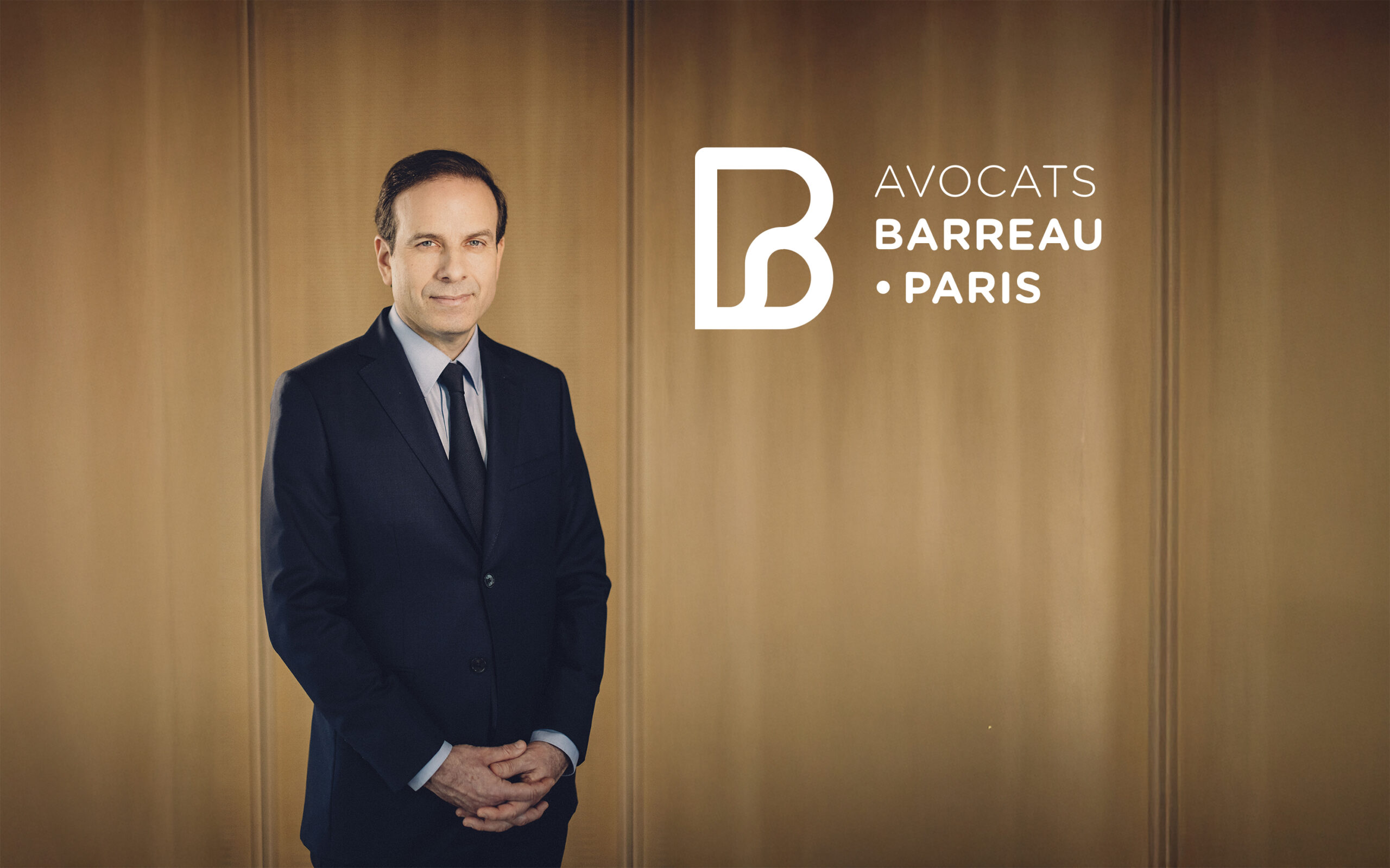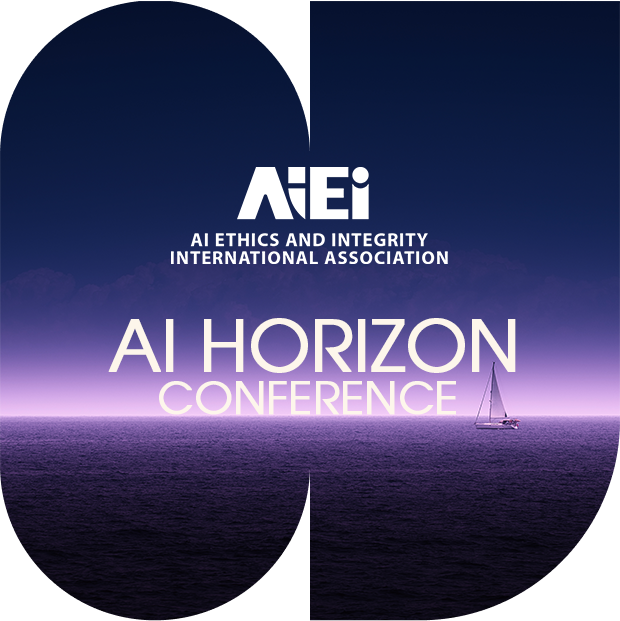Artificial Intelligence and the Paris Bar: A commitment to accessibility and innovation

Article by Pierre HOFFMAN , President of the Paris Bar, published in AI Horizon Journal for AI Ethics & Integrity International Association.
Artificial intelligence has become one of the most discussed topics of our time — rarely a week goes by without it making headlines. This omnipresence carries both hope and concern, making it imperative that we adapt to the transformations it brings. Like previous technological revolutions before, AI has sparked existential questions about our future in the workforce. In every sector, including the legal field, people are asking: Will it help us, replace us, or force us to reinvent the way we work?
Lawyers and judges have seen this change coming for the past few years. Now, even litigants are beginning to turn to AI tools—believing that because the technology’s reliability makes it suitable for drafting legal documents. In law firms, the same trend is unfolding. But not all law firms have the same resources. Larger firms may have the means to develop their own in-house tools or acquire bespoke technological solutions. Smaller firms, often composed of just one or two lawyers, face far greater challenges.
That is why the Paris Bar Association, under the leadership of President Pierre Hoffman, made AI a strategic priority, convinced that the profession must not be a passive observer of this revolution. This initiative is rooted in a strong conviction: it must not become a source of exclusion, but rather a driver of collective progress.
In launching this initiative, the Paris Bar faced two major challenges: reassure and convince.
First, to reassure. Many lawyers expressed genuine fear that AI would render them obsolete or were convinced from the start that it could be of no use to them. That is why Bar representatives have repeatedly emphasized a simple truth: AI will never replace humans. Justice is, and will remain, a human endeavor. Or, as Xavier Niel stated to a room full of lawyers in April 2024: “The risk isn’t being replaced by AI, but by someone who knows how to use it.”
The second mission was to convince — not by dismissing concerns, but by showing that AI can, on the contrary, become a reliable ally for lawyers. It was no doubt for the Paris Bar representatives that AI can be a powerful ally, a real growth driver for law firms, allowing them to save time on lower-value tasks and focus on what truly matters — guiding their clients — on the condition that they understand its usefulness and learn how to use it properly.
To make AI a tangible resource for Parisian lawyers, the Paris Bar Association — especially the members of its Digital Commission — adopted a broad, structured approach, by conducting a thorough market analysis to identify the most relevant tools.
In particular, the Paris Bar focused on supporting small firms, which often lack the resources to access such technology. That is why, in October 2024, it launched an unprecedented initiative: it invested one million euros to offer free access to the AI-powered legal research tool GenIA-L, developed by Lefebvre-Dalloz, for over 14,000 lawyers practicing individually or in pairs, until the end of 2025. This tool generates multiple responses for each request, providing a 360° view of the topic, including a summary, related questions, use cases, and key points to consider.
Some other tools were selected, based exclusively on reliable legal databases, offering fast, secure, and efficient access to legal knowledge. Preferential rates were negotiated with technology providers — Doctrine, Pappers, Justice, Ordalie — ensuring that all Parisian lawyers could benefit from AI. Here are some key details.
- Doctrine’s AI enables lawyers to search, analyze, and summarize legal documents, including court decisions and corporate filings. It also offers a decision analysis table for an overview of arguments and court responses.
- Pappers Justice’s AI provides access to a large database of French case law and legislation, allowing lawyers to quickly find relevant decisions with summaries and case sheets.
- Ordalie’s AI automates up to 80% of repetitive tasks in law firms, such as data extraction, contract checks, and document preparation, improving workflow efficiency.
Just a few months later, over 6,000 lawyers had already adopted these tools and the feedback has been overwhelmingly positive. For many, this means spending less time on legal research and more time with their clients. They also value that the AI-generated data is reliably sourced, ensuring its trustworthiness.
In 2025, to further support this shift, the Paris Bar has taken a new step forward and granted the same group of lawyers free access, for one year, to Jarvis Legal, a legal practice management tool that integrates smart features to automate repetitive tasks and reduce administrative workload. This initiative also demonstrates that AI can also empower lawyers to run their practices more efficiently and grow their firms.
In May, keen to broaden its AI strategy and support for legaltechs, the Paris Bar established a partnership with Jimini, this time targeting firms composed of 1 to 20 lawyers, thereby expanding its reach. The goal remains to facilitate access by offering three months of free and unlimited use. This tool helps optimize document research, information extraction, and the drafting of initial consultation versions.
This is just the beginning of AI’s integration into the justice system. Several French courts have already announced plans to integrate AI to enhance their efficiency. In the same vein, other bar associations across France have started negotiating with tech providers to offer similar tools to their members, all convinced that if AI represents a revolution with the potential to benefit a wide audience, it deserves strong support. And the best is yet to come!
As Pierre Hoffman, President of the Paris Bar, puts it: “I am really proud that the Paris Bar has stepped up to ensure that our profession fully embraces this essential transformation. We had to be at the forefront of this revolution to avoid being left behind. And it was undoubtedly the right call. Tomorrow, as this transformation continues to grow, we must come together to decide where we want to steer it. Because innovation can never be a closed circle — it must always be a collective endeavor!”
#ai-for-lawyers #parisbar #aihorizon #aiei
AI Horizon Conference
The AI Horizon Conference brought together entrepreneurs, investors and industry leaders in Lisbon to discuss key trends and shape the future of AI.

 Bern
Bern
 Lisbon
Lisbon
 New York
New York

